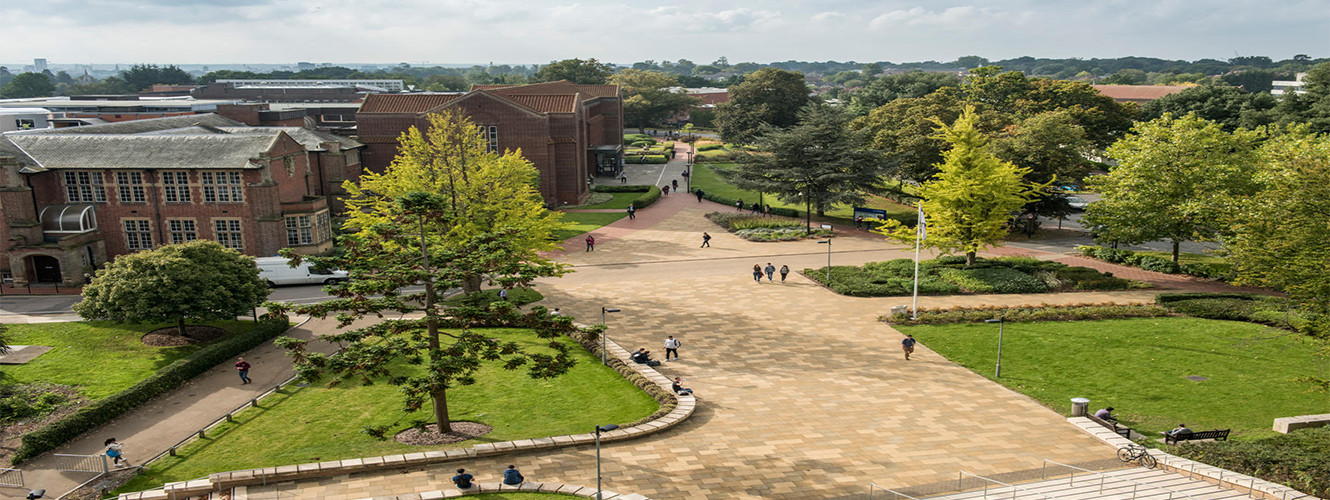UK54 MSc Maritime Engineering Science: Marine Engineering and Autonomy University of Southampton
-
THÔNG TIN CHUNG
On this Marine Engineering and Autonomy MSc degree you'll learn about component and systems engineering for ships. You’ll also gain an understanding of the fixed and offshore structures that help them to function. Learn the skills you need to become a specialist in the marine sector. You'll graduate with the design and analysis skills for a maritime sector career, or for continued study at PhD level.
This Maritime Engineering Science: Marine Engineering and Autonomy MSc is one of 5 maritime engineering science specialisms you can study at the University of Southampton.
On this UK master’s course you’ll gain an advanced understanding of the fundamental principles, methods and applications of maritime engineering science.
This pathway focuses on the analysis and specification of marine engineering and autonomous systems used on board ships and other marine structures. You’ll study topics like electrical theory, thermodynamics, and engine and machine tribology.
You’ll explore the marine engineering systems found on board merchant and naval vessels and their importance to ship design. This includes performance characteristics of diesel engines, steam and gas turbines and electric propulsion. The course covers the dynamic response of the main shaft and associated components.
An introduction to auxiliary systems includes:- heating
- ventilation and air-conditioning
- refrigeration
- the main fuel system
You’ll also learn about propeller-engine matching and a selection of appropriate machinery configurations.
Your optional study topics include a chance to study the principles of photovoltaics, fuel cells and batteries, where you’ll learn about:- electrochemical routes to energy conversion
- the relative merits of batteries, fuel cells and redox flow cells
- solar radiation as an energy source
- solar cell operation and manufacture
- design and operation of a photovoltaic system
Throughout your studies, you’ll learn how to solve engineering problems by taking account of social, technical, economic and environmental constraints.
-
CƠ HỘI NGHỀ NGHIỆP
The maritime sector provides varied career opportunities in engineering and project management related roles. Maritime engineering science graduates are in strong demand with good starting salaries and excellent career progression opportunities.
Our graduates work across many different organisations.The Solent region around Southampton is the main UK hub for the maritime sector with organisations such as:- Lloyd’s Register
- Carnival
- BMT
- Nigel Gee
- the Maritime and Coastguard Agency
Organisations such BAE Systems, QinetiQ and Babcock support the defence sector and employ a number of our graduates. The offshore and marine renewable developments are offering excellent prospects both to work in the UK (locally, London or Aberdeen) or worldwide in places such as Singapore, Houston or Perth.
PROFESSIONAL RECOGNITION
This master's programme is accredited by the Institution of Mechanical Engineers (IMechE), the Royal Institution of Naval Architects (RINA) and the Institute of Marine Engineering, Science and Technology (IMarEST) as meeting the academic requirement for Further Learning, for Chartered Engineer and Chartered Marine Engineer registration. Candidates must hold a BEng/BSc undergraduate first degree that is accredited for Chartered Engineer (CEng) registration to comply with full CEng registration requirements.
- ĐIỀU KIỆN ĐẦU VÀO
- ĐIỀU KIỆN NGÔN NGỮ
- HỌC BỔNG
- ĐỊA ĐIỂM
Tóm tắt
-
Phí ghi danh
0
-
Độ dài khoá học
1 năm
-
Kỳ nhập học
Tháng 9
Phí Cơ Bản
-
Loại Tiền
-
Học Phí
Trên năm -
Phí Sinh Hoạt
Trên năm -
Tổng






